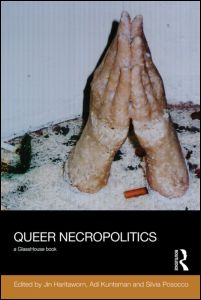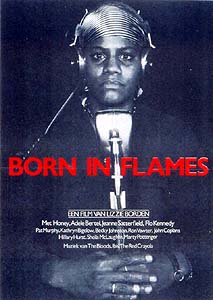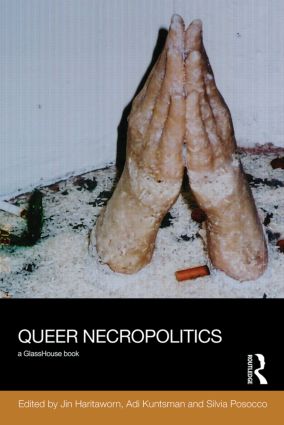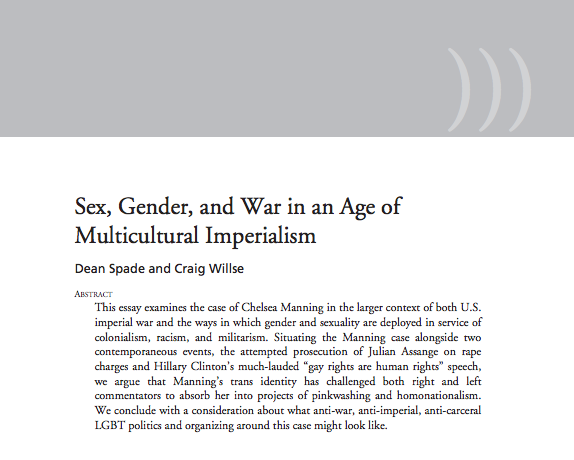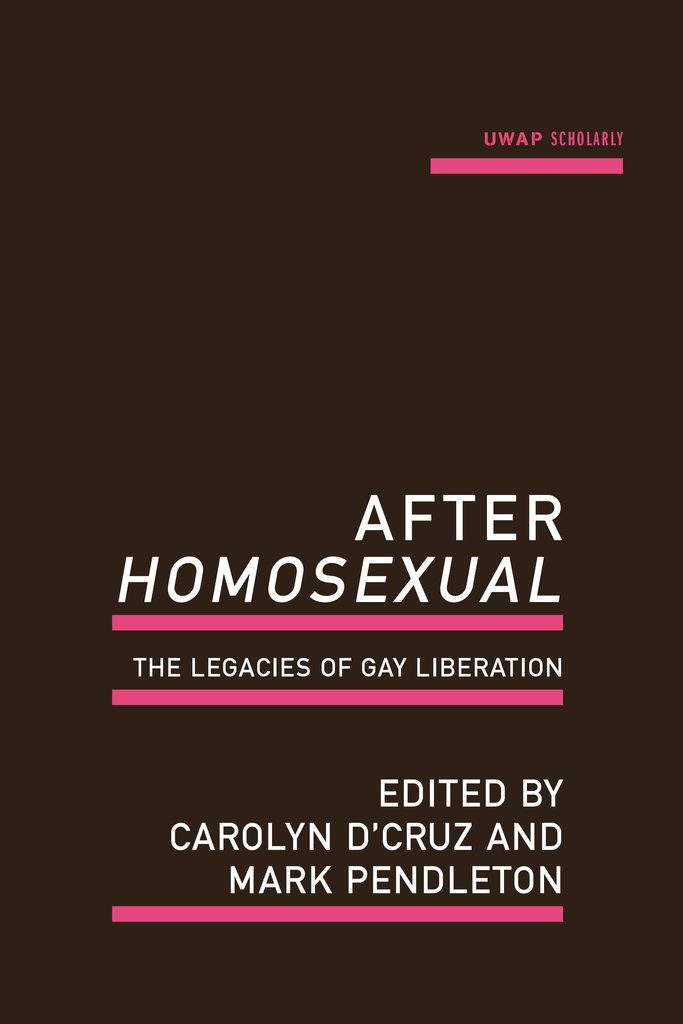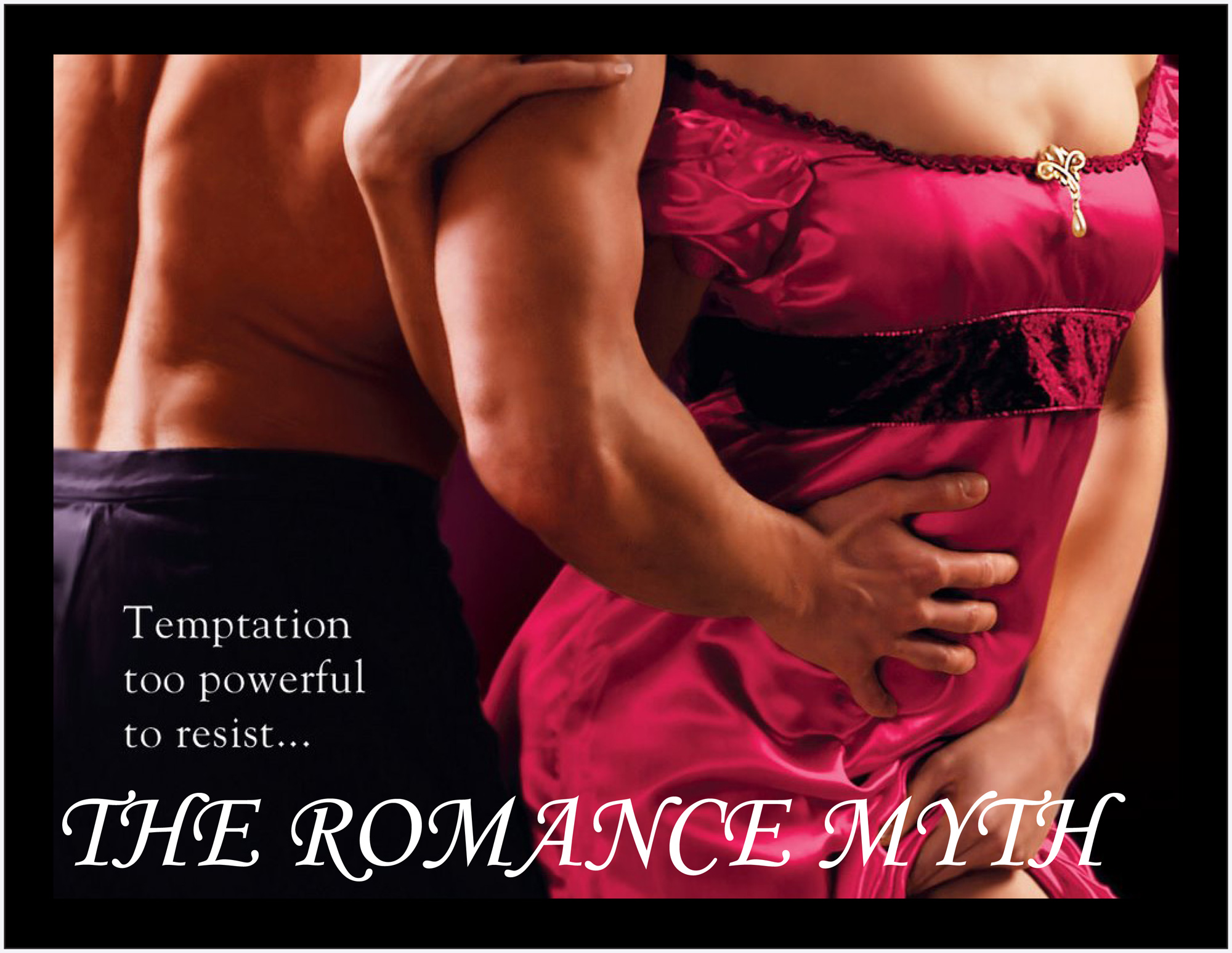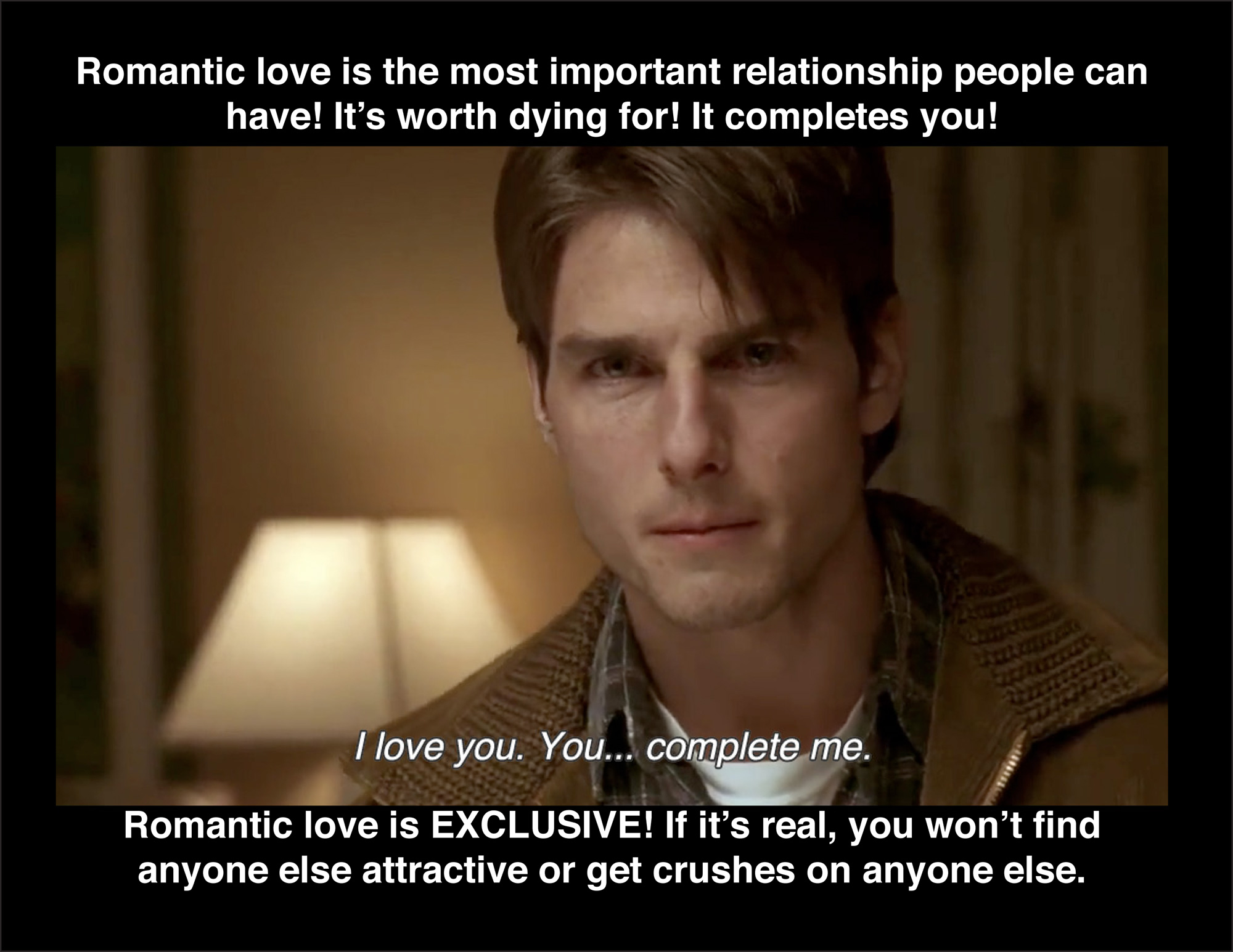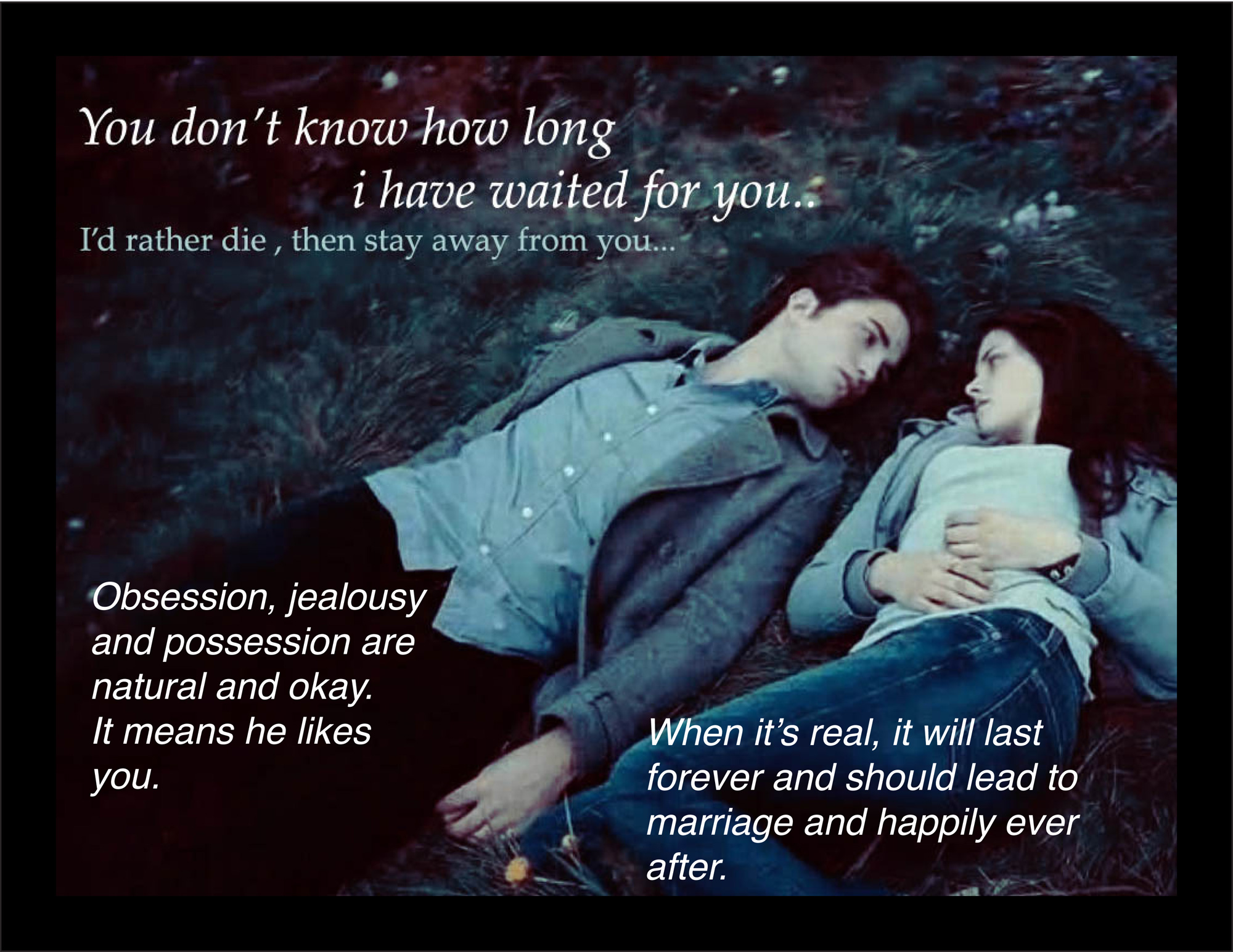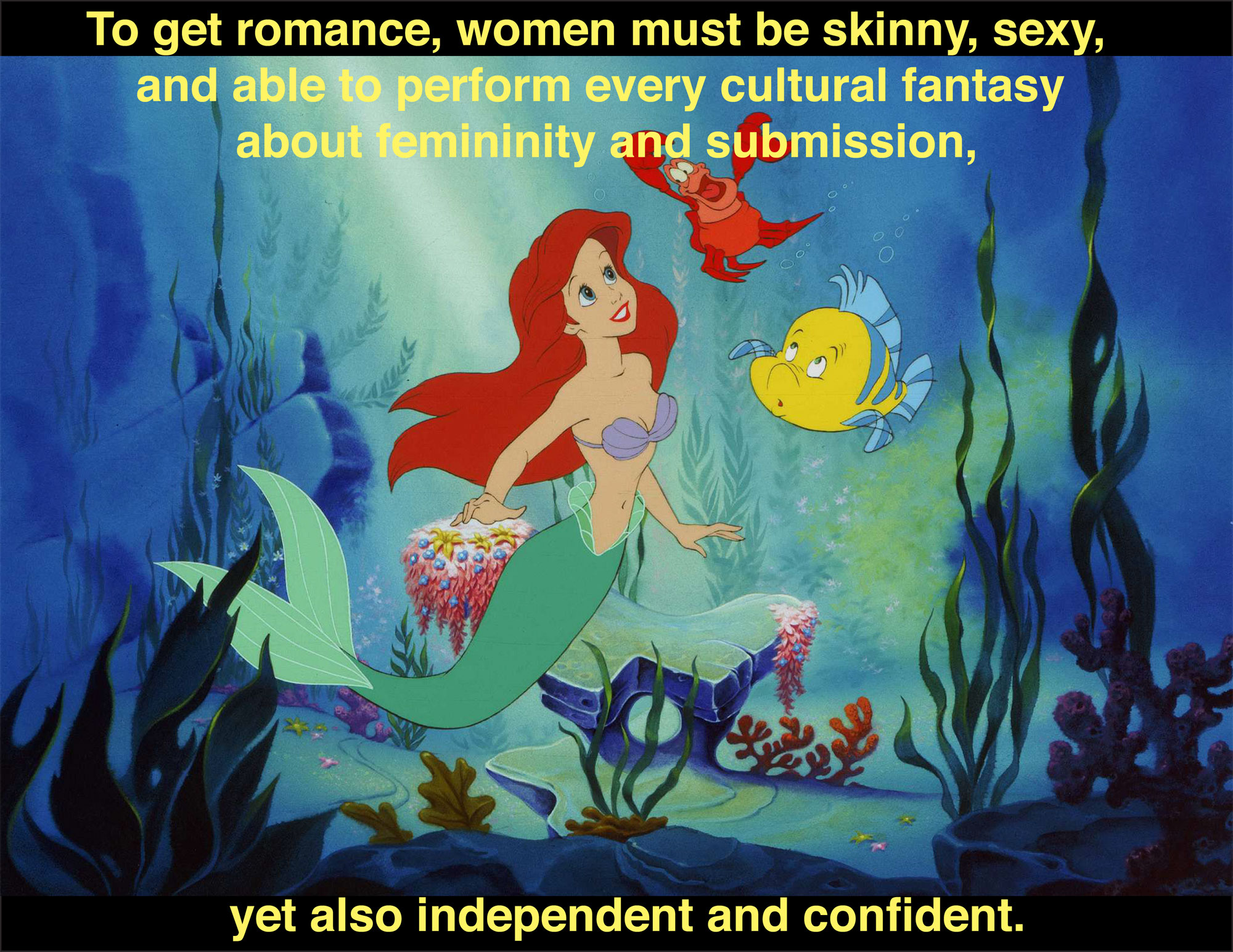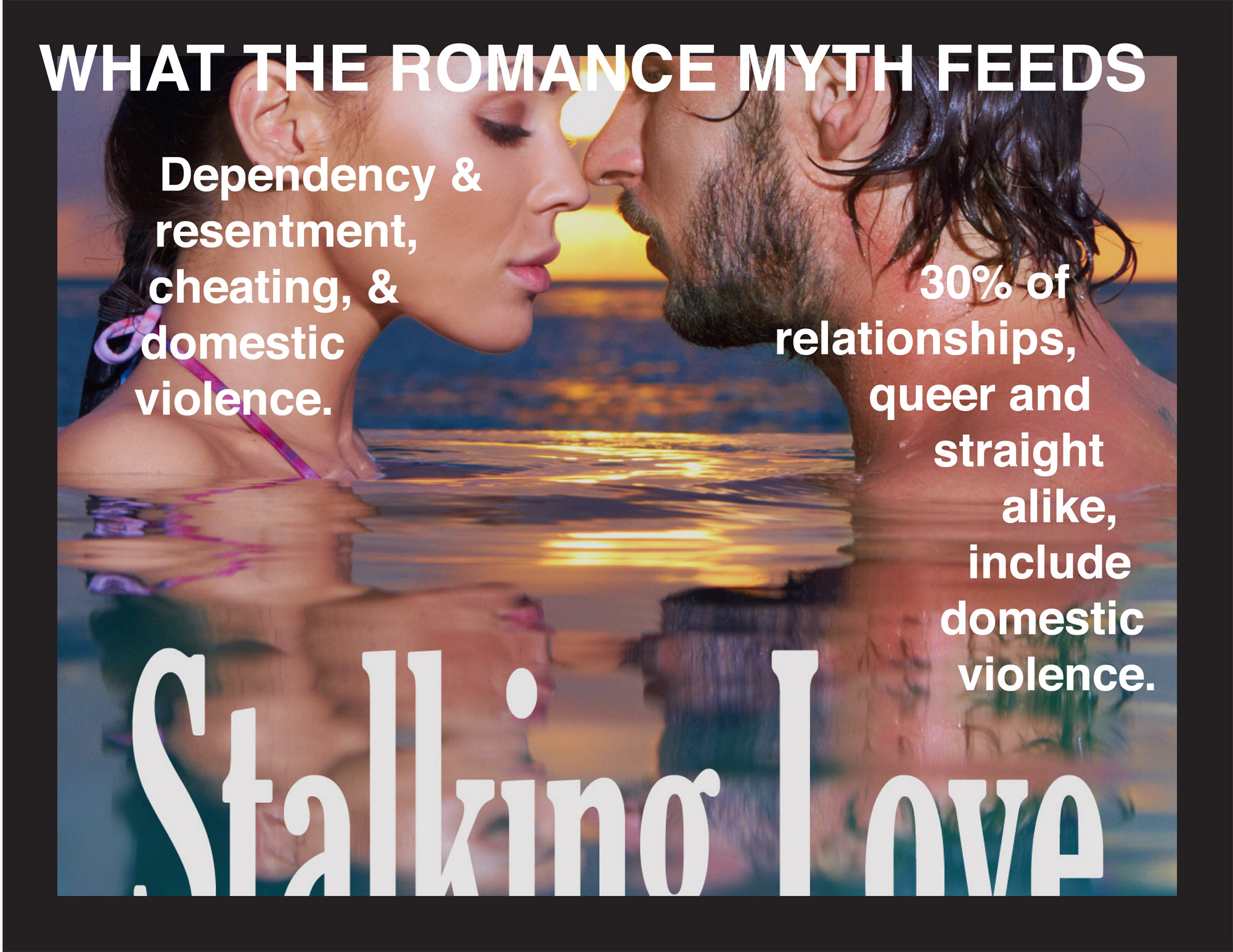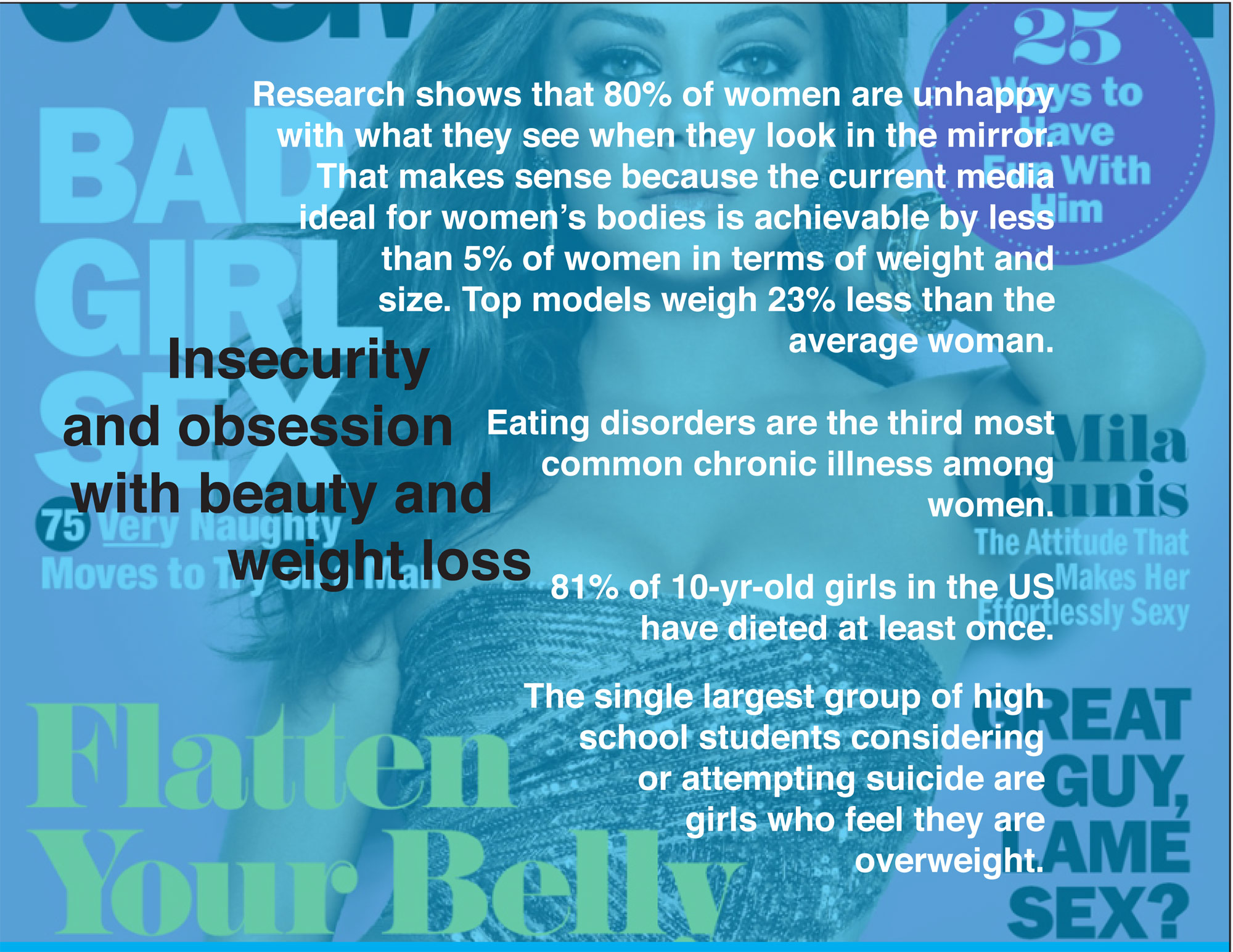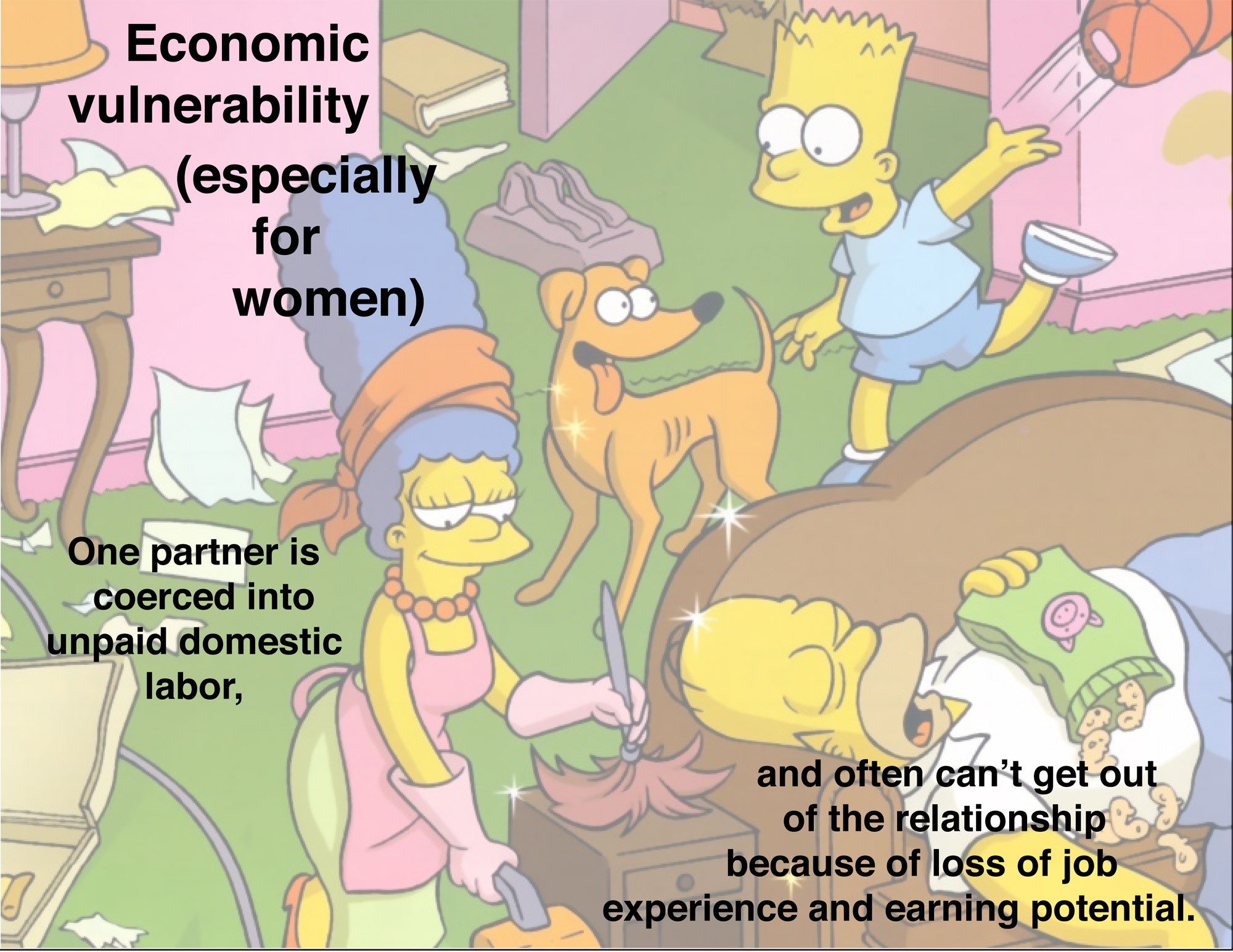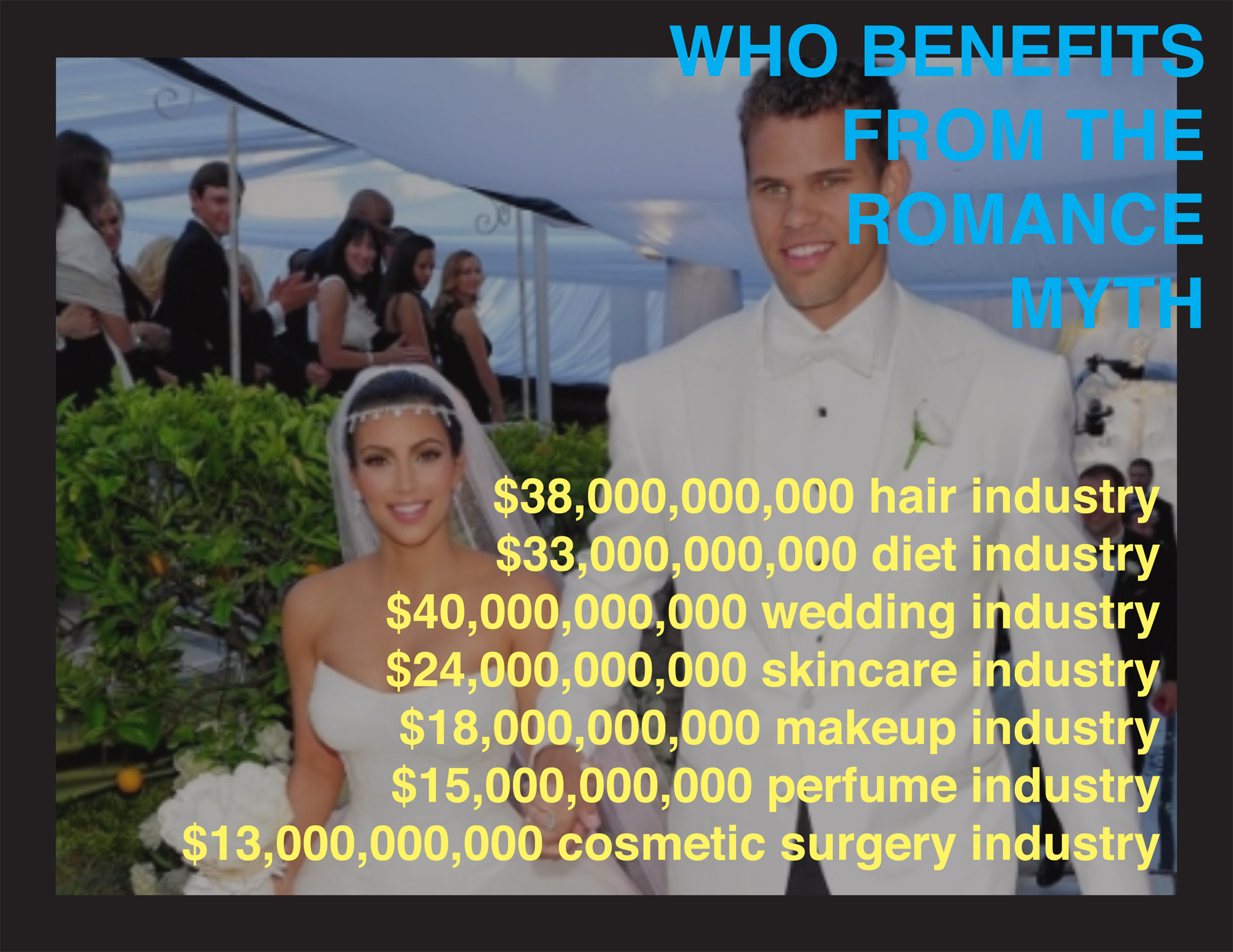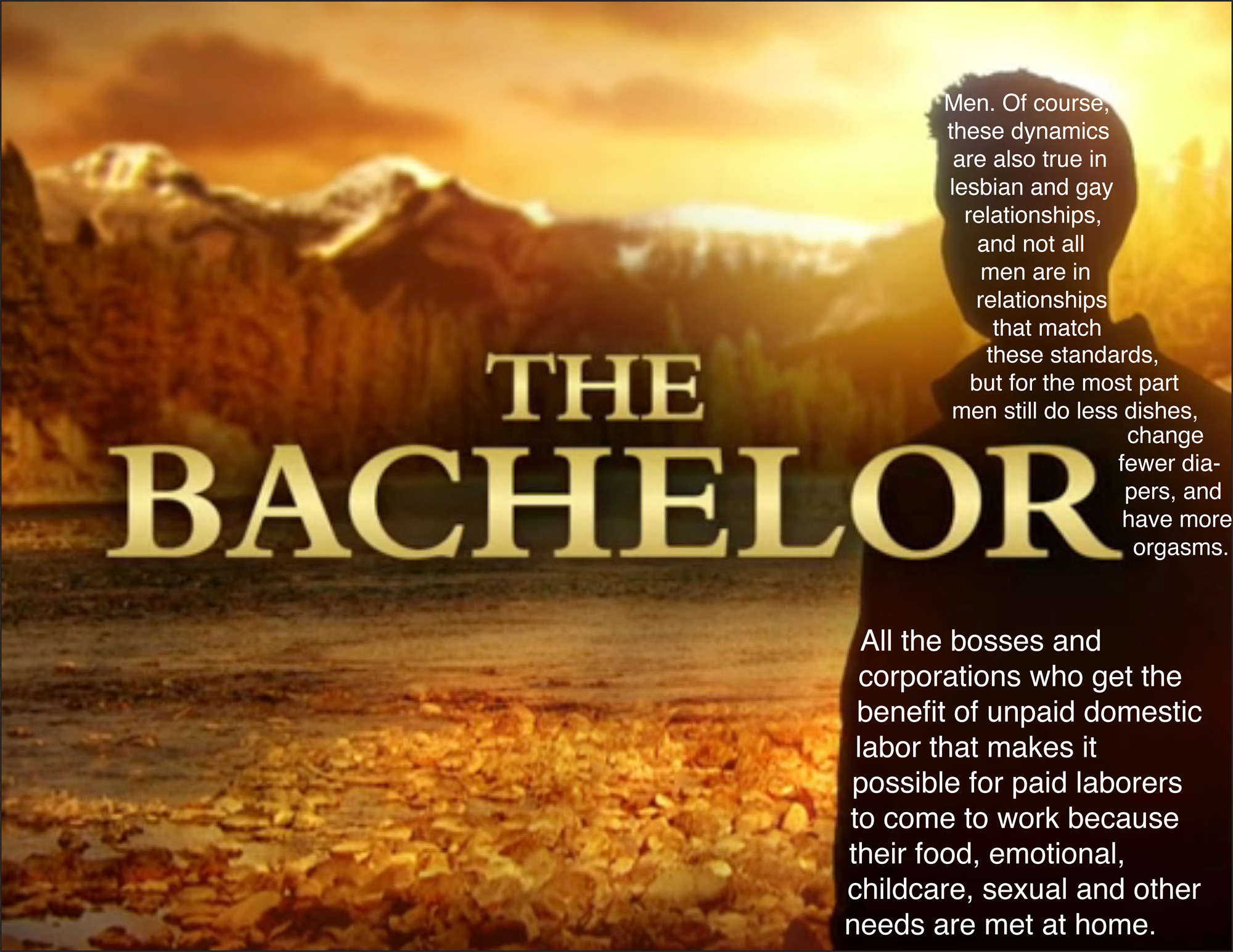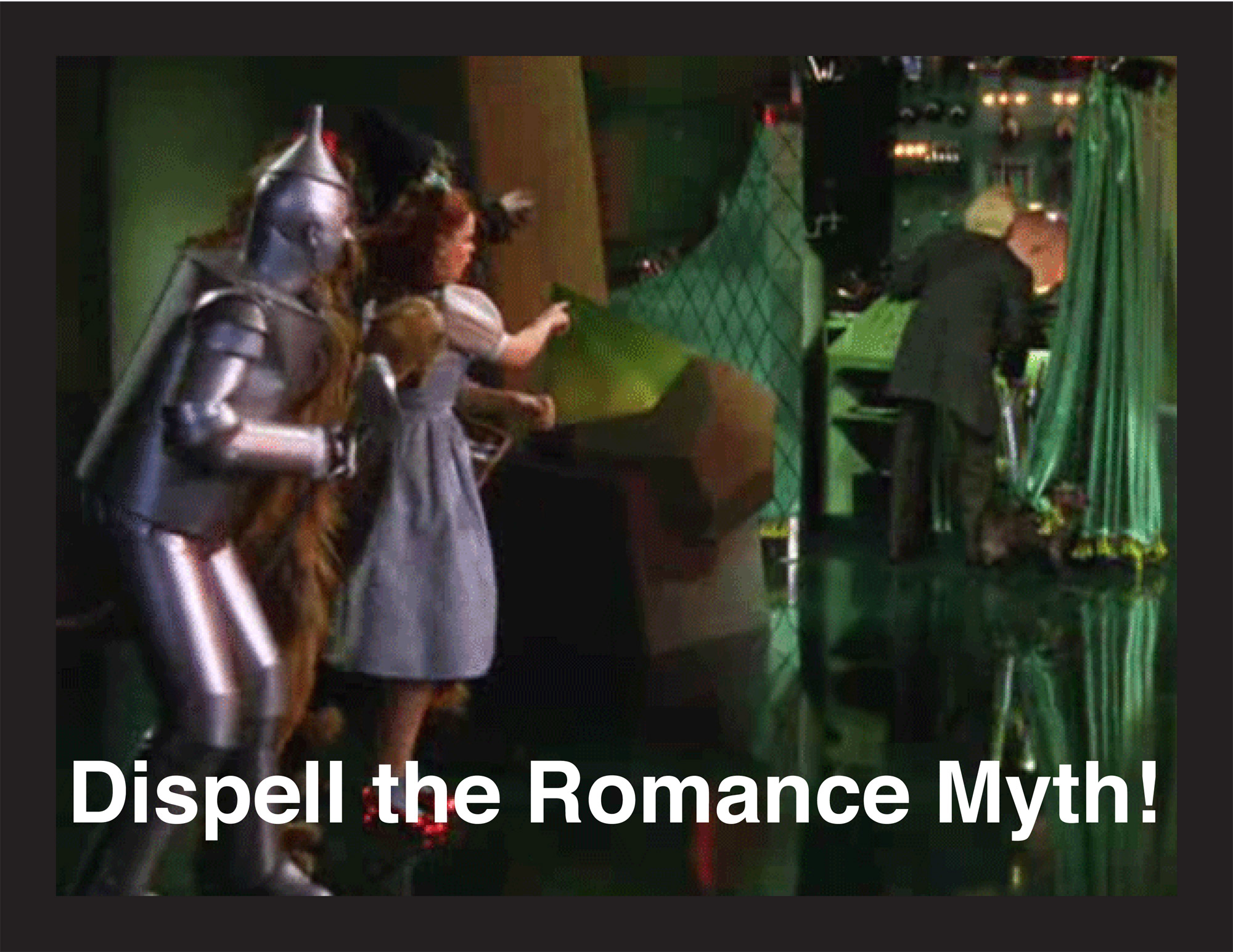Please watch and share the three videos below that I made in collaboration with the Barnard Center for Research on Women and the Columbia Center for Gender and Sexuality Law. During our Fall 2013 conference, Queer Dreams and Nonprofit Blues, Hope Dector and I interviewed dozens of activists and scholars about the themes from the conference. These are the first three videos from the collection we are making. We hope that these bring the critiques so many of us have learned deeply from put out by INCITE!, CUAV, The Audre Lorde Project, FIERCE!, SRLP, the Young Women’s Empowerment Project and others to life in short videos that are easy to distribute and use in activist groups and classrooms.
More Laws = More Violence: Criminalization as a Failed Strategy for Anti-Violence Movements
After Nonprofitization: Reevaluating Anti-Violence Strategies
What are Alternatives to Nonprofitization and Criminalization for Anti-Violence Movements?
